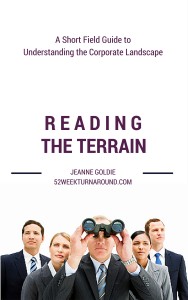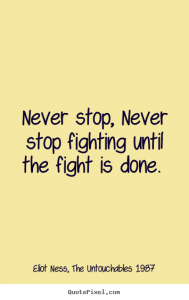
Public Libraries: Dancing through the Minefield of Change
If you had to put an underlying theme on my career, or even my life, its that I try to level the playing field by clarifying the rules of the game for those who are outside the “in-crowd.”
That’s why I love public libraries. They are an attempt to provide information to those who might have no access to it otherwise. If you go back as little as 100 years you’ll see how rare it was for many people to own more than one or two books or get an education past the 8th grade level. Libraries gave people a chance to catch up, or be exposed to what they had missed. And if you couldn’t afford private tutors or travel to a large city to buy countless books on a subject, libraries brought the world of knowledge to you, if you wanted it. Is learning to play the violin from a book the same as learning from Itzhak Perlman? Heck no, but it’s a start.
Libraries also try to purchase and source credible materials for their collections. Best practices include buying well-researched books that promote opposing viewpoints. For every “pro this” book, you were to also purchase a “pro that” book. There was a certain trust factor with the collection at the library offered scholarly, balanced, validated information. How can Librarians curate the internet? Every whack job in the world can publish on the internet if they want to (Exhibit A right here).
Now libraries are having to change with the times, caught in a squeeze between decreasing funding, new technology and a changing user pool. Do they invest their scant funds in books? Or in computer systems to grant internet access? Or do they lease “ebooks” in order to increase the availability of titles for their patrons but then not “own” the book? Some libraries are now promoting the use of their space as a community gathering spot, a learning hub type environment, but others, stuck with a limited budget and small facilities are having to get very creative.
And how do you decide? If you were the head of the library system or on the library board, what choices do you make?
Five years ago you could make the argument that there was still a significant portion of the population without internet access. The advances in smart phones changed that. There are still many people in the US without access, but the overall curve has moved significantly (its not unusual to find someone whose electricity has been cut off but they won’t let their phone get cut off!).
So, do you provide more internet access? Or offer more e-books? Digitize the current collection? Do you clear out the physical books to make room for your own servers? And do you even keep a physical “library” building anymore? Will school age kids still make the obligatory “field trip to the public library” to get library cards? What new advances will we be seeing in just five years, most likely the timeline it would take for most public institutions to execute a major change? (You haven’t lived until you’ve had to work through a government RFP or RFQ process).
How do you get public support for an institution that served such a vital function for so many? Is there some new, magnificent function that libraries can serve that will somehow allow for those who don’t “have”, to at least glimpse the world of “what can be”?
I don’t know the answer for public libraries but an Oscar nominated film team is exploring how some libraries are coming to terms with finding their answers. Here’s a sneak preview:
https://www.youtube.com/watch?v=xf-5Zgq0_ik#t=60
What would you do? What do you think libraries should do? Share in the comments.

Would you like to see how ready YOUR organization is for change? Our free guide will help you “speed read” the corporate (or non-profit!) landscape you’re currently in or thinking about joining. Get it here.

